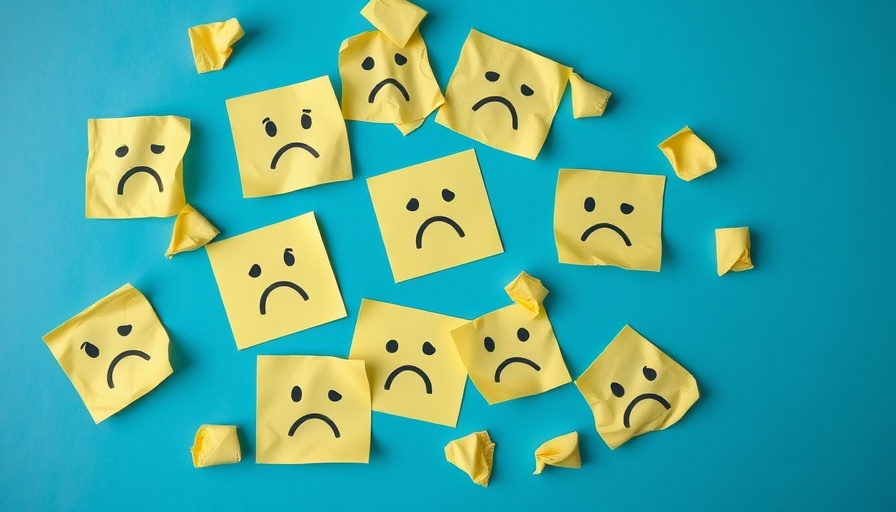
Understanding the Nocebo Effect: A Hidden Influence on Our Health
Have you ever felt unwell simply after hearing someone else describe their ailments? This phenomenon, where negative expectations manifest as real symptoms, is known as the nocebo effect. Unlike the placebo effect—where positive expectations improve health—the nocebo effect can lead us to experience negative outcomes based on our thoughts and beliefs.
For instance, a notable case from a Tennessee high school back in 1998 illustrates this vividly. After a teacher reported a strange smell followed by dizziness, many students and staff exhibited severe symptoms akin to chemical poisoning, despite no actual exposure to toxins. Their distress stemmed from the collective belief that they were in danger, highlighting how powerful the mind can be over the body.
The Role of Expectations in Health
Expectations significantly impact our perception of treatment efficacy. In a study where participants were informed about possible side effects of a placebo, an overwhelming 73% reported experiencing those very side effects! Conversely, those who were unaware of the medication's nature tended to experience better outcomes. This stark difference prompts us to question how much our expectations shape our reality.
Consider this: When a doctor prescribes medication, the accompanying warnings about potential side effects can inadvertently prime patients to expect adverse reactions. In turn, this can impair the treatment's effectiveness. This psychological mechanism complicates the delicate dynamics between health care and patient trust.
How Social Interactions Influence the Nocebo Effect
Interestingly, the nocebo effect is not only an individual experience; it can also be contagious. Recent research shows that negative expectations can spread through social gatherings, media, and familial discussions. Observing a family member or friend’s struggles with a particular health condition can instill fear in our own minds, resulting in similar symptoms manifesting in us. In a digital age, social media can amplify these effects as well, allowing negative health narratives to reach vast networks.
This highlights the importance of fostering a community of positivity around health and wellness. Sharing success stories, uplifting testimonials, and healthy practices can counterbalance the pervasive nature of negative information.
Combatting the Nocebo Effect in Daily Life
Arm yourself with knowledge and awareness. Start by being mindful of the content you consume, particularly on social media. Seek out positive influences related to health and wellness. For instance, communities around health and wellness products, alternative medicine, and lifestyle medicine are emerging, offering members supportive spaces encouraging proactive health decisions.
Moreover, professionals in the health and wellness sector are increasingly adopting approaches that focus on holistic well-being. Techniques like mindfulness, positive affirmations, and encouraging open dialogues about health can significantly mitigate the risks associated with the nocebo effect.
Conclusion: Taking Charge of Our Health
Understanding the nocebo effect is crucial not just for individual health, but also in shaping how we interact with our broader community. By fostering open conversations about health, supporting each other's wellness journeys, and sharing positive experiences, we can collectively enhance our well-being. It’s time to take control of our health narratives and create a more vibrant community focused on optimal health and wellness.
As we navigate this wellness journey together, let’s focus on what uplifts and empowers us, embracing a community spirit that promotes positive outcomes for all. Explore local health and wellness events or clubs in your area to connect with like-minded individuals!
 Add Element
Add Element  Add Row
Add Row 



 Add Row
Add Row  Add
Add 


Write A Comment